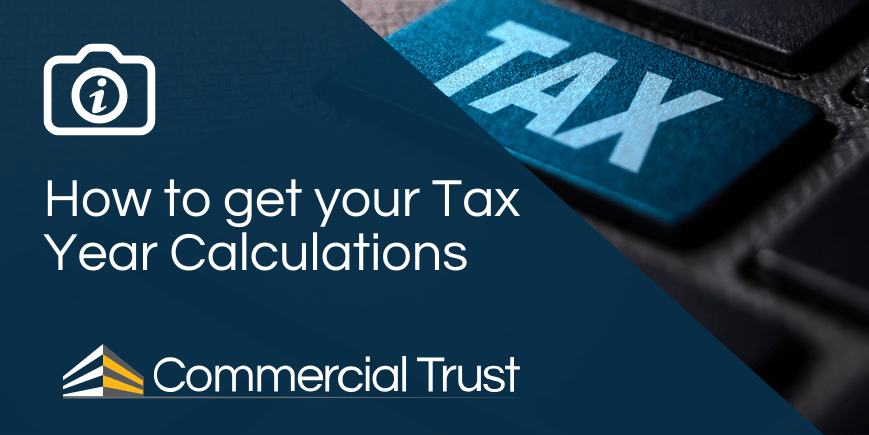
Categories: guides | guides buy to let mortgage guides | property investment guides
guidesWhen you apply for property investment finance, mortgage lenders will ask for a number of documents to support your application. Our Mortgage Account Managers are here to guide you through the list your specific lender requires.
Many of the documents and information a lender will ask you for will be known to us, so we will help you get organised by helping you get hold of the documents you need.
If you are self-employed, one of the documents you may be asked for is your Tax Year Overviews and their accompanying SA302 calculations. These provide evidence of your income for the purposes of the lenders mortgage affordability calculations.
Whilst buy to let mortgage affordability is typically based on the existing or expected rental income of the security property, some lenders will accept excess personal income to be taken into consideration within the calculation, if the rent isn’t strong enough on its own.
This is the sort of scenario where you might be asked to provide these documents.
Video guide transcript: Handling a request for your Tax Year Calculations and Overview
“Hi, I'm an account manager here at Commercial Trust.
“If one of the documents that we request from you, maybe a Tax Calculation and Tax Year Overview. Here are some tips and dealing with that request.
“You can either go through the government website to request these, or you can ask an accountant to prepare them.
“One of the top tips is to double check that the tax due does match between the two documents and also check if there's any penalties
“If you need any help with an investment property, please make sure to reach out by the link and our bio.”
What does SA302 stand for?
SA302 doesn’t actually stand for anything — it’s simply the name HMRC (His Majesty’s Revenue and Customs) gives to a tax calculation document.
It shows:
- Your total income
- Your tax paid
- Your tax due
- Your adjusted net income
Disclosing income on a mortgage application
Whilst property investment affordability calculations are typically based on the rental income the security property will generate, you may be asked about your personal income. If you are, lenders must check that the income you declare is accurate, consistent and sustainable. If you add income to a mortgage application that hasn’t been declared to HMRC, lenders cannot rely on it, because:
- It doesn’t appear on your SA302s, tax returns, payslips or bank-verified records
- It cannot be used in affordability calculations
- It raises concerns about financial reliability and transparency
Undisclosed income can cause serious problems:
- Your application could be declined outright
- It may trigger extra verification checks, slowing the process down
- In extreme cases, providing misleading information can be treated as mortgage fraud
Why it’s important to get your finances in order
Lenders need income that is fully declared and evidenced. Ensuring your books, tax returns and accounts are up to date means lenders can use the strongest version of your income.
As a result, this helps you maximise your borrowing potential, because lenders place more weight on fully verified income.
What’s more, clean, consistent financial records reduce the risk of last-minute issues, delays, or declined applications.
